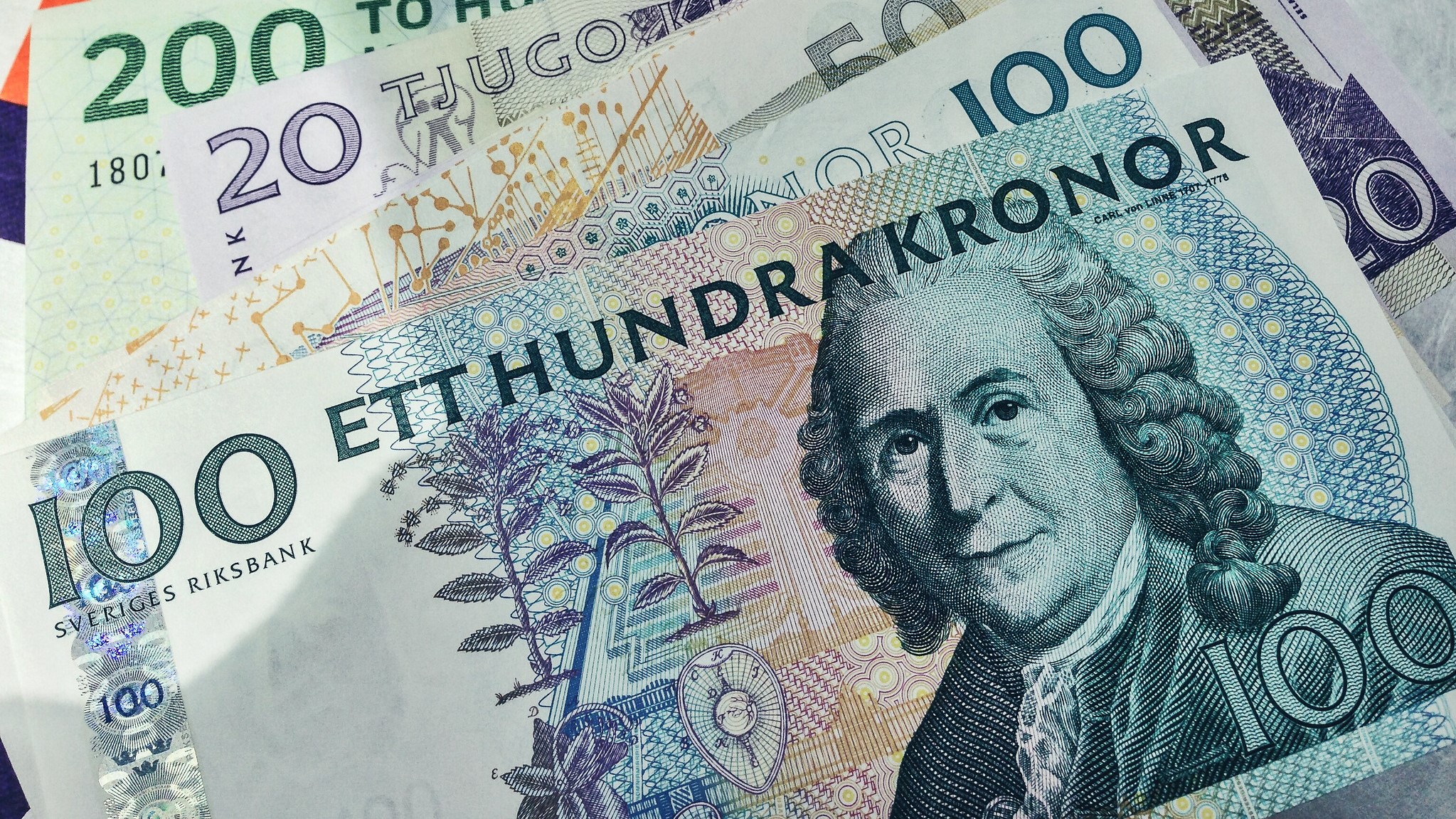Sweden is now testing its digital version of cash, the e-krona

The Riksbank, Sweden’s central bank, has announced the launch of a year-long pilot project of its proposed e-krona. The project will use distributed ledger technology inspired by the blockchains that run cryptocurrencies.
Cashless in Sweden: Physical cash is headed toward obsolescence in Sweden. Nearly everyone uses a mobile payment application called Swish, and it’s been estimated that retailers could stop accepting cash by 2023. This concerns the country’s central bankers, for two reasons. First, they fear that if the payment infrastructure is left completely to the private sector, certain groups might be excluded. Second, if people lose the ability to convert what’s in their commercial bank accounts into a form of “cash” backed by the government, it might undermine their faith in the money system.
That’s why, a few years ago, the Riksbank began investigating the possibility of a state-backed digital currency that might play a similar role to the one physical cash plays today.
A public good? For a recent article on the future of cash, I spoke with Riksbank economist Gabriel Söderberg, who argued that whereas private companies are motivated by profit, the central bank would be focused on offering a public good. It has an incentive to focus on making a digital payment system that is user friendly and accessible to everyone.
A landmark decision: According to a press release, the pilot project will run until the end of February 2021. But there could be more tests: “There is currently no decision on issuing an e-krona, how an e-krona might be designed or what technology might be used.” Söderberg told me that the decision over whether to issue a sovereign digital currency will need to involve the Swedish public. “This decision is too big for a central bank alone, at least in the Swedish context,” he said.
Keep up with the fast-moving and sometimes baffling world of cryptocurrencies and blockchains with our weekly newsletter Chain Letter. Subscribe here. It’s free!
Keep Reading
Most Popular
Large language models can do jaw-dropping things. But nobody knows exactly why.
And that's a problem. Figuring it out is one of the biggest scientific puzzles of our time and a crucial step towards controlling more powerful future models.
The problem with plug-in hybrids? Their drivers.
Plug-in hybrids are often sold as a transition to EVs, but new data from Europe shows we’re still underestimating the emissions they produce.
Google DeepMind’s new generative model makes Super Mario–like games from scratch
Genie learns how to control games by watching hours and hours of video. It could help train next-gen robots too.
How scientists traced a mysterious covid case back to six toilets
When wastewater surveillance turns into a hunt for a single infected individual, the ethics get tricky.
Stay connected
Get the latest updates from
MIT Technology Review
Discover special offers, top stories, upcoming events, and more.